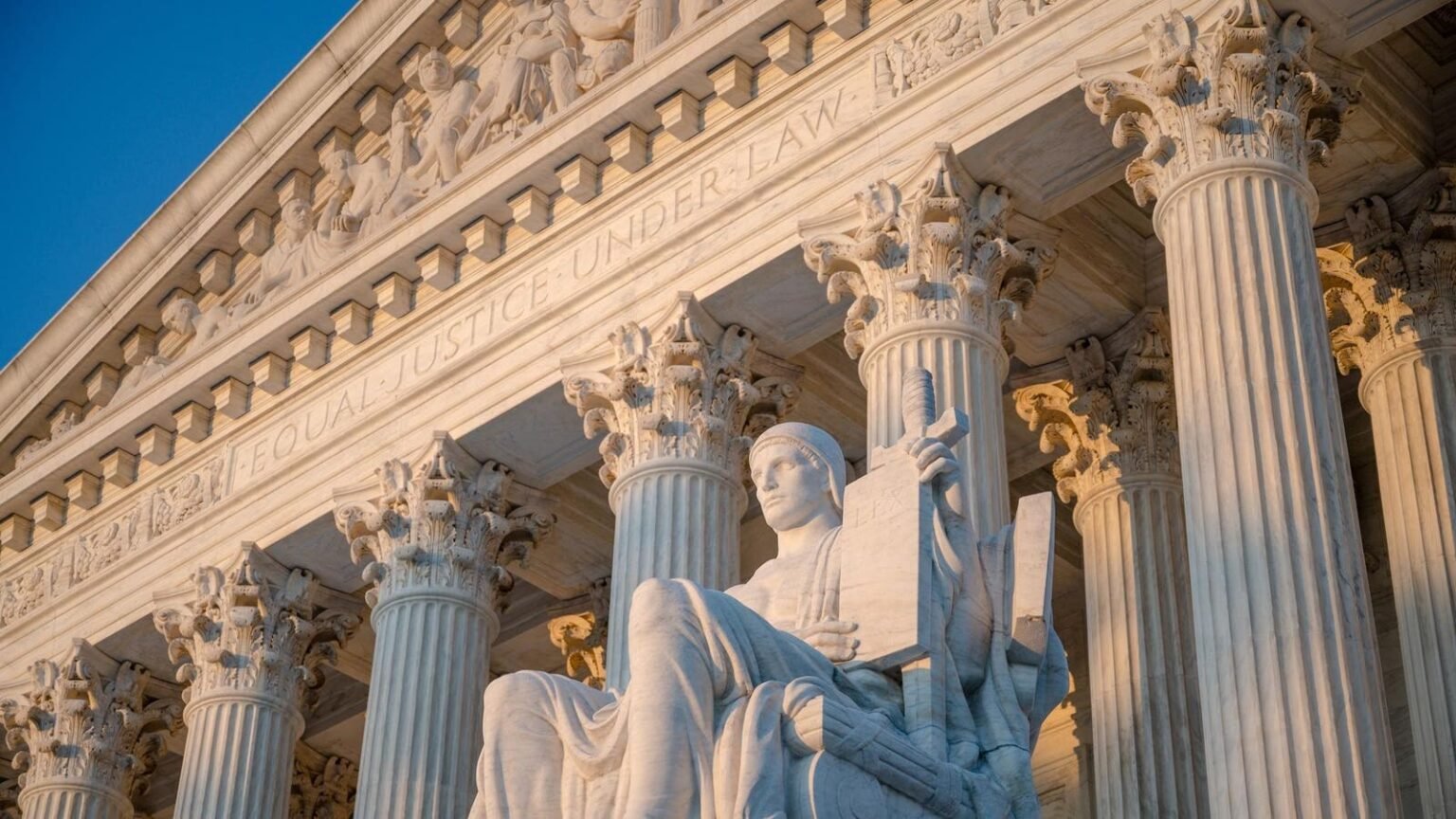Republican-led states and conservative-leaning legal groups are pushing the Supreme Court to intervene in a legal challenge over the Biden administration’s student debt relief program called the Saving on a Valuable Education (SAVE) plan. This new income-driven repayment plan offers lower payments, a subsidy to prevent interest accrual, and multiple pathways to student loan forgiveness. Challengers argue that the program exceeds what Congress allowed in legislation establishing income-driven repayment plans, potentially leading to increased monthly payments for borrowers enrolled in SAVE.
Two sets of GOP-led states have filed lawsuits seeking to block the SAVE program. One federal judge in Missouri allowed most of the program to go into effect but issued an injunction preventing student loan forgiveness, while a judge in Kansas blocked reduced payments that were set to go into effect. The Biden administration has appealed both rulings, resulting in an emergency stay from the 10th Circuit Court of Appeals that temporarily allowed the Education Department to implement the lower payments disallowed by the Kansas ruling.
Three states have appealed the 10th Circuit’s ruling to the Supreme Court, questioning the legitimacy of the stay. The Biden administration is also planning to appeal the Missouri injunction blocking student loan forgiveness, seeking clarity on whether all forgiveness is blocked or just early forgiveness that can wipe out debt in 10 years. A Supreme Court ruling could impact millions of borrowers who had their SAVE payments reduced in July, potentially doubling their payments.
Opponents of the SAVE plan argue that the Education Department overstepped its authority by creating a program that goes beyond what Congress intended. They believe the Supreme Court should reinstate the injunction against the program. The Biden administration and borrower advocates argue that the department has the power to craft IDR plans and has done so multiple times in the past. They hope the court will uphold the SAVE program.
While the current Supreme Court question focuses on reversing the 10th Circuit’s stay of the Kansas injunction, the Missouri injunction blocking student loan forgiveness is expected to be appealed to the 8th Circuit Court of Appeals. When federal circuit courts issue conflicting rulings on a national issue, the Supreme Court typically gets involved. The timeline for the Supreme Court’s decision on the emergency appeal is uncertain but could happen soon, as the Biden administration submits a responsive brief.
Ultimately, the fate of student loan forgiveness and lower payments under the SAVE plan could be determined by the Supreme Court’s rulings on these legal challenges. Borrowers enrolled in the program are at risk of having their payments increased if the court sides with the challengers. The ongoing legal battle highlights the complexities and implications of student loan relief programs and the authority of federal agencies to implement them within the bounds of congressional authorization.

